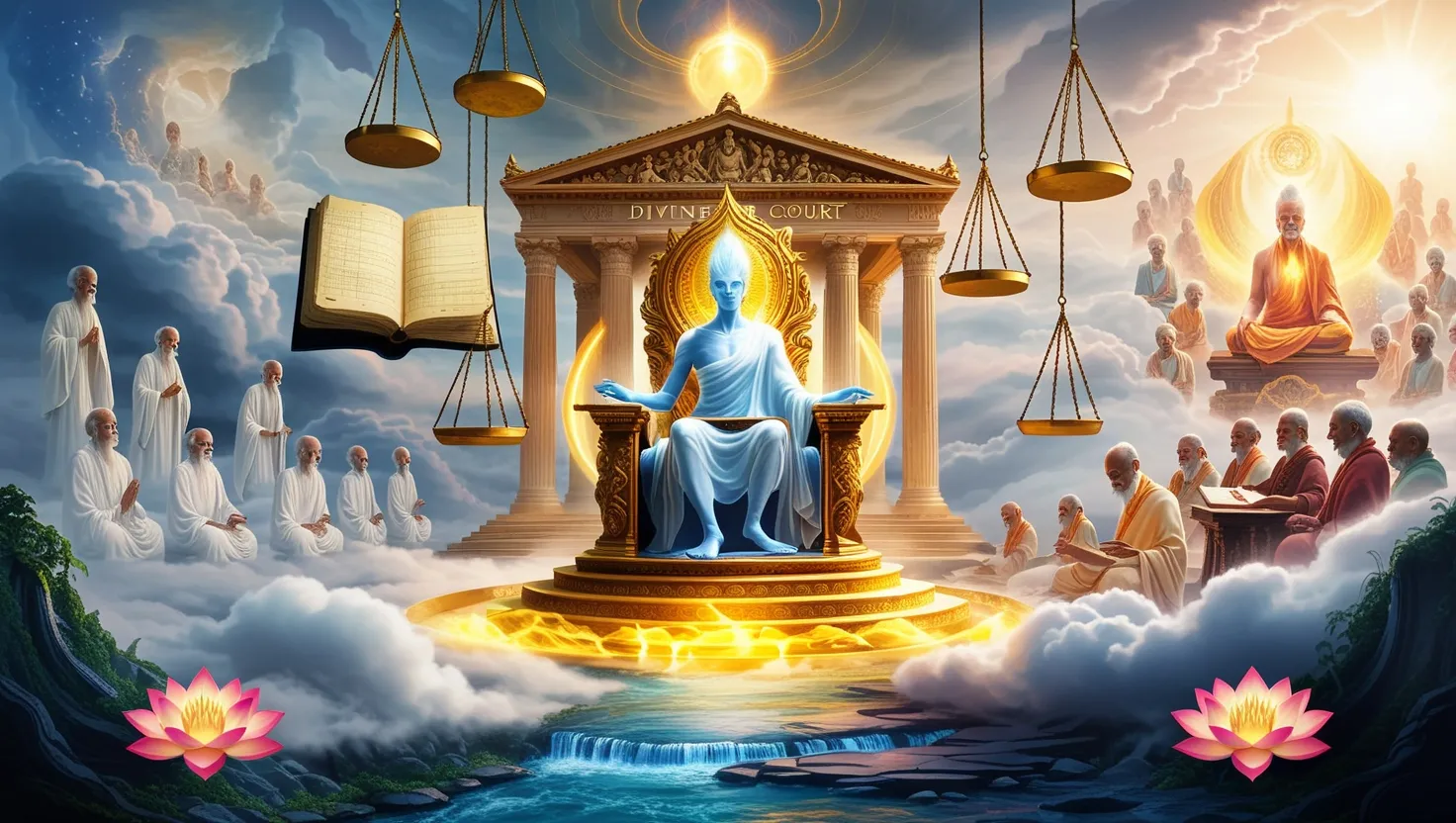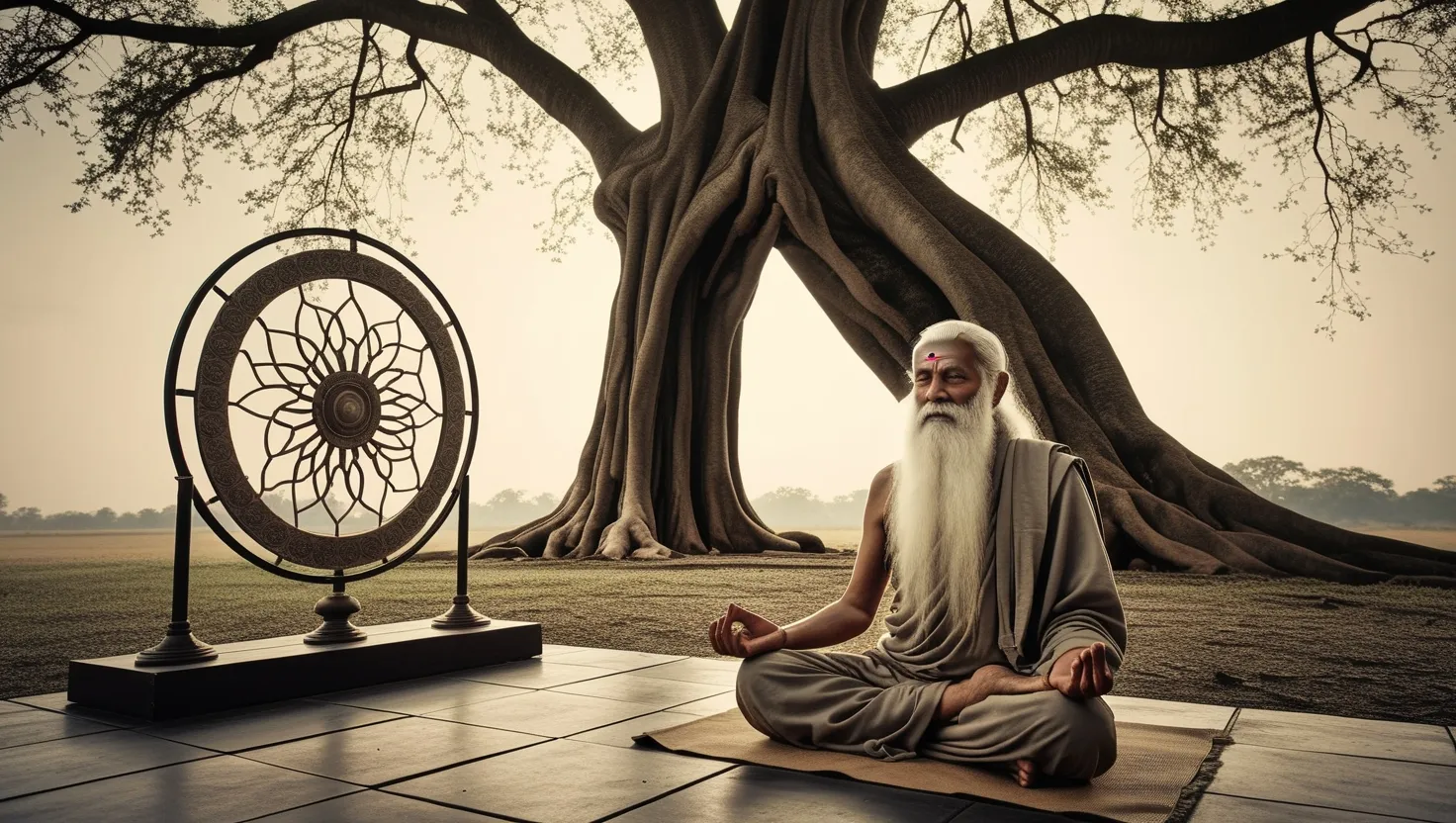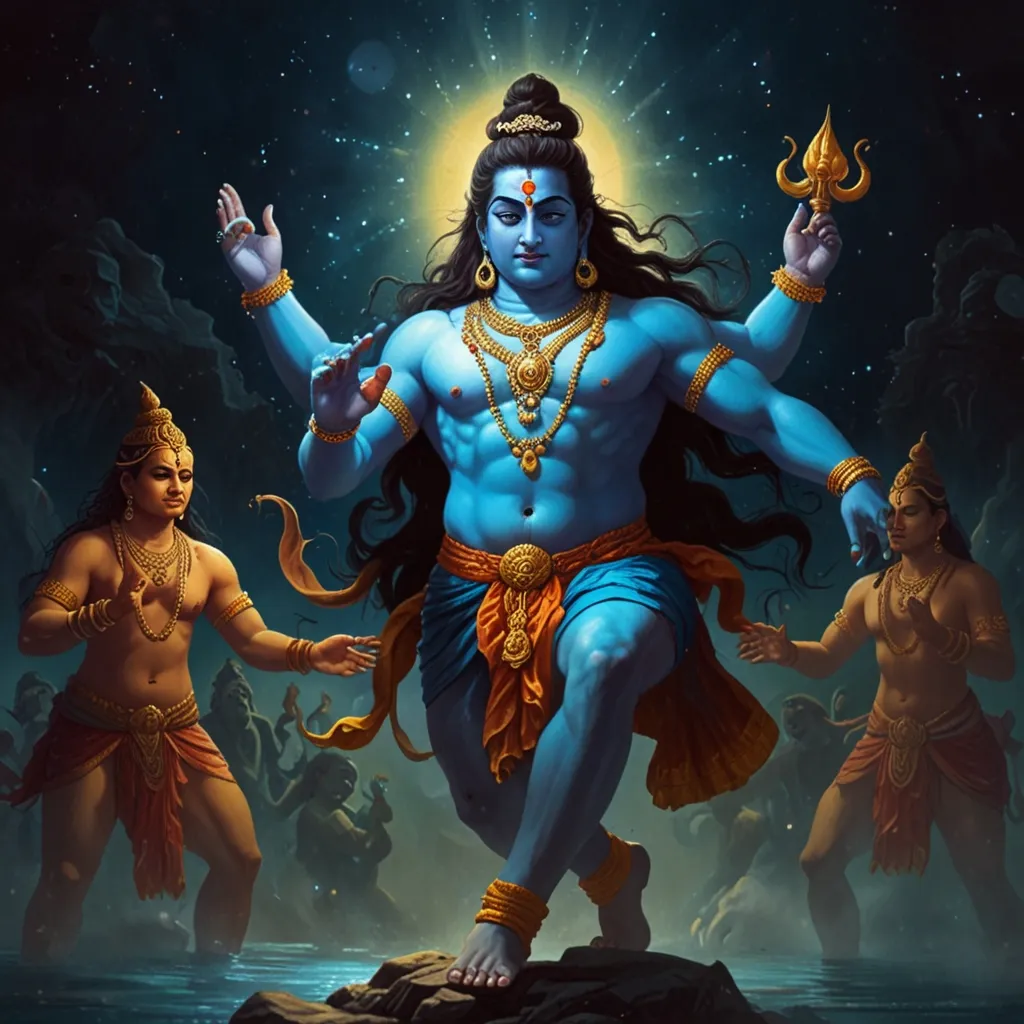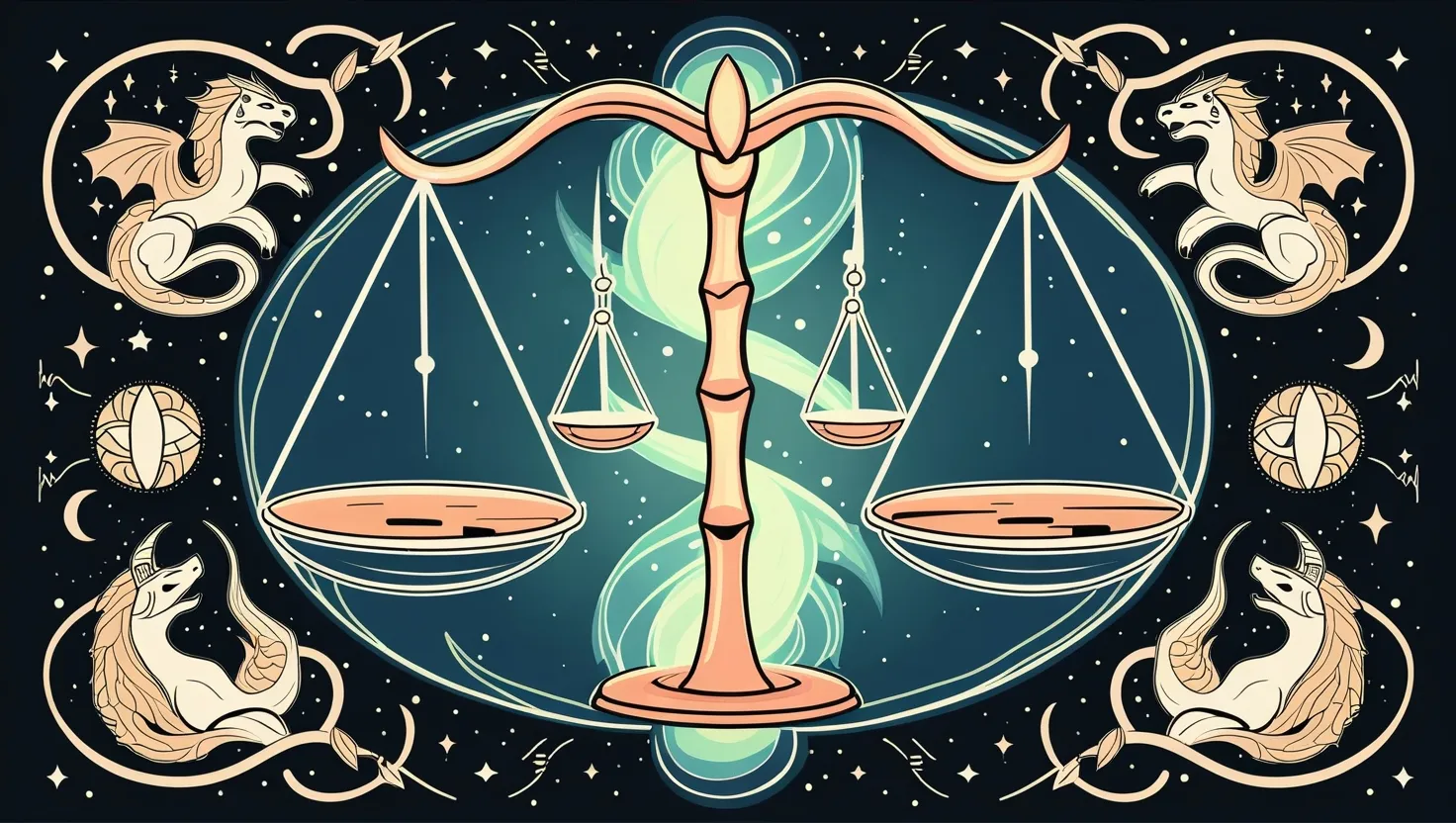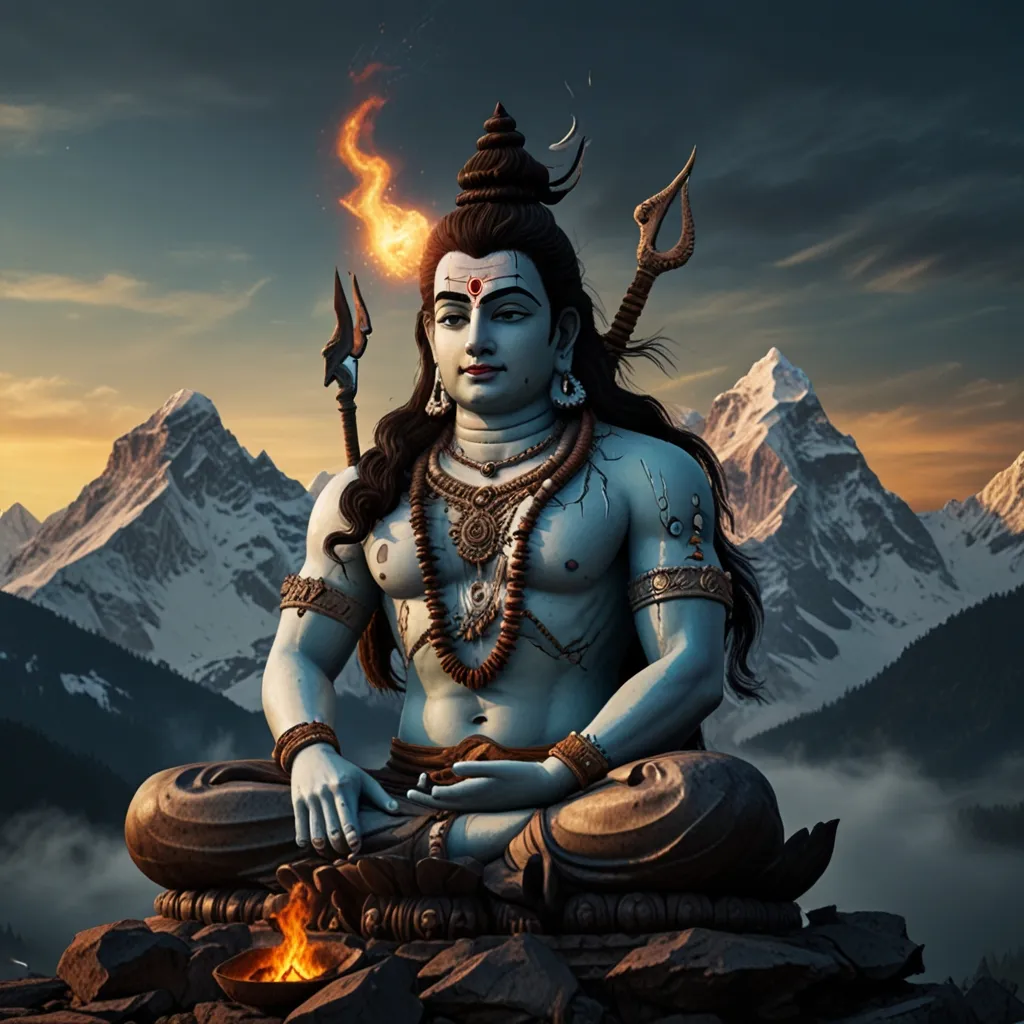What happens when the last breath leaves the body? If you’ve ever wondered about the justice that lies beyond, the Garuda Purana offers one of the earliest and most detailed visions of the soul’s journey after death. Its narratives are not just stories, but a structured system that binds everyday actions to ultimate consequences.
Let me invite you to walk through some of its less-discussed ideas and surprising themes. The Garuda Purana does not merely lay out a static map of the afterlife; it challenges us to examine our choices—reminding us of an order that outlasts this life. What if you discovered that every thought and word carries consequences that ripple into the next existence?
There are few ancient dialogues as haunting as the conversation between Lord Vishnu and Garuda, the eagle who dares to ask what really happens after death. Their exchange isn’t meant just for those in mourning; it’s an invitation to the living to reflect, prepare, and perhaps even hope.
One of the most vivid features is the idea of cosmic accountability. Every deed, large or small, is meticulously recorded by Chitragupta, an unrelenting celestial scribe. Imagine, for a moment, that nothing in your life slips away unnoticed—not even a careless word or forgotten slight. Why does this level of detail matter? Because it is this precise account that is later weighed in the Court of Yama, the god of death. Here, impartiality reigns supreme, and the soul’s record forms the sole currency in the afterlife.
The journey to Yamaloka, the place of judgment, is purposefully unsettling. The soul is not immediately whisked to peace or punishment. Instead, it crosses a symbolic landscape riddled with terrors, a reflection of its own burdens and attachments. In describing rivers of fire and forests of thorns, the Purana isn’t simply stoking fear. It asks us: what are the attachments and regrets you carry, and would you be ready to confront them if today were your last day?
“Do not grieve. Anything you lose comes round in another form.” These words from Rumi resonate as the Garuda Purana describes transition, teaching us to see loss, not as annihilation, but as a powerful change of form. Even those who believe in total finality after death may pause at the thoroughness of this cosmic audit.
Few texts are as specific about the consequences that follow ethical failings. The various hells—Narakas—are not just about external punishment. The forests of sword-leaves and rivers of pus are bold metaphors for inner unrest and guilt that have turned physical in the afterlife. Why these elaborate descriptions? They serve as a mirror, revealing how every unkind act and greedy thought damages not just others, but the perpetrator’s soul. Would knowing the potential repercussions of a small selfish act change the way you live?
Yet, the text does not dwell on suffering alone. There is a remarkably practical discussion about the role of the living in the fate of the departed. The Garuda Purana outlines intricate rites—Shraddha ceremonies, the offering of rice balls (pinda daan), prayers, and fasting—not as meaningless rituals, but as bridges to aid the soul in transition. Through these actions, the living continue to support, comfort, and help their ancestors. This sense of responsibility, of a bond that endures past the funeral pyre, is both profound and comforting.
“Let us endeavor so to live that when we come to die even the undertaker will be sorry.” — Mark Twain’s humor aside, the Garuda Purana encourages us to live with the ongoing awareness that relationships and responsibilities stretch beyond one lifetime.
Have you heard about the “seven-day wandering”? According to the text, after physical death and before judgment, the soul has a short period to revisit familiar places, enjoy what it once loved, and say silent farewells. This brief interlude gives the soul a moment to reconcile with its life—a gentle pause before the reckoning. For those left behind, this insight offers closure and motivation to perform final rites thoughtfully.
Family and ancestry are woven into the very notion of afterlife justice. The soul isn’t isolated—it reunites with parents, ancestors, and loved ones if it has earned peace. What does it mean to meet our forebearers after death, as suggested by the Garuda Purana? It affirms the idea of continuity, of being part of an immense tapestry stretching far behind and beyond us.
Yet, not every soul attains escape from rebirth. The doctrine of karma, here, takes a subtle turn. According to the Garuda Purana, rebirth is not only a mechanical outcome of good or bad deeds, but also shaped by destiny, familial contracts, and even one’s own choices made before birth. The soul may “choose” its parents and circumstances, entering a new life with a specific blueprint. This idea makes karma far more dynamic and personalized than mere punishment or reward—it hints at agency and higher agreement.
“If there is any religion that could cope with modern scientific needs, it would be Buddhism.” Einstein’s famous line might well apply here too. The Garuda Purana’s vision aligns in some ways with modern thought: actions have consequences, the present is shaped by the past, and freedom lies in self-knowledge.
The text addresses a profound question: when does punishment begin? The Garuda Purana subtly hints that suffering or joy in this life is already a preview of what’s to come. This makes cosmic justice not only an afterlife principle, but something unfolding right here.
Why is the text so focused on accountability? Perhaps because knowing that every action is meaningful can serve as a deterrent as well as motivation. If consequences are inescapable—not just the obvious but even those intentions we hide from others—how might we act? This is both an empowering and sobering thought.
But the teachings do not breed paralyzing fear. The pathway to a more pleasant journey beyond is clear: dharma, or righteous conduct, and devotion; compassion, charity, and a sincere effort to evolve. The ultimate aim is moksha, or liberation—the total escape from cycles of birth and judgment. The Purana insists that by leading a life of principle, even amid mistakes, we carve a glowing road for our souls.
“The life which is unexamined is not worth living.” In these words, Socrates echoes the very spirit of the Garuda Purana’s system. To examine one’s life, tally one’s actions, and consciously choose better—these lie at the heart of cosmic justice as depicted in the text.
What stays with me most is the reminder that life itself is a rare gift, not to be squandered. We’re not thrown randomly into existence, nor left without guidance. The Garuda Purana makes justice personal and immediate, urging us to see each day as an opportunity to shape not just our earthly fate, but the journey yet to come.
This system, rigorous and absolute, has left a deep impression on how many cultures understand death, morality, and the enduring threads that connect generations. It draws a line between fear and responsibility, between ritual and compassion. The afterlife, as described here, is not just a destination, but a process, a reflection, and—just possibly—the start of something greater.
So, let me ask you: if today were the day you’d face your account in the Court of Yama, what story would your deeds and words add up to? And more importantly, how would you begin to revise that story right now?
